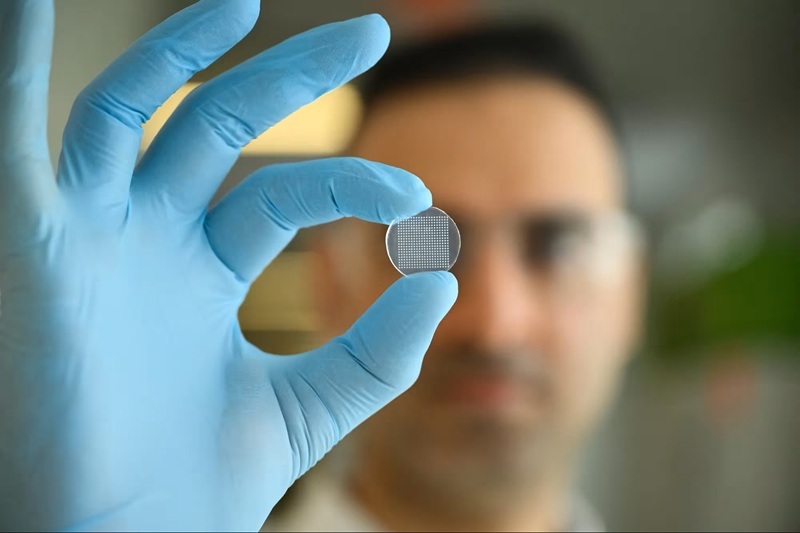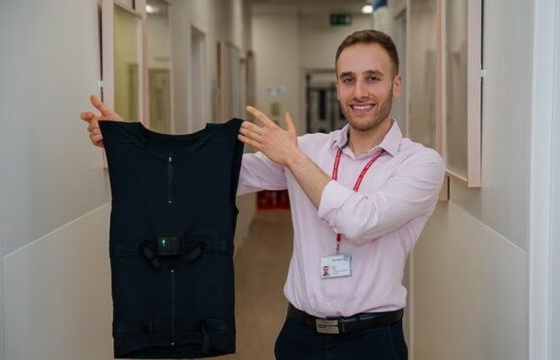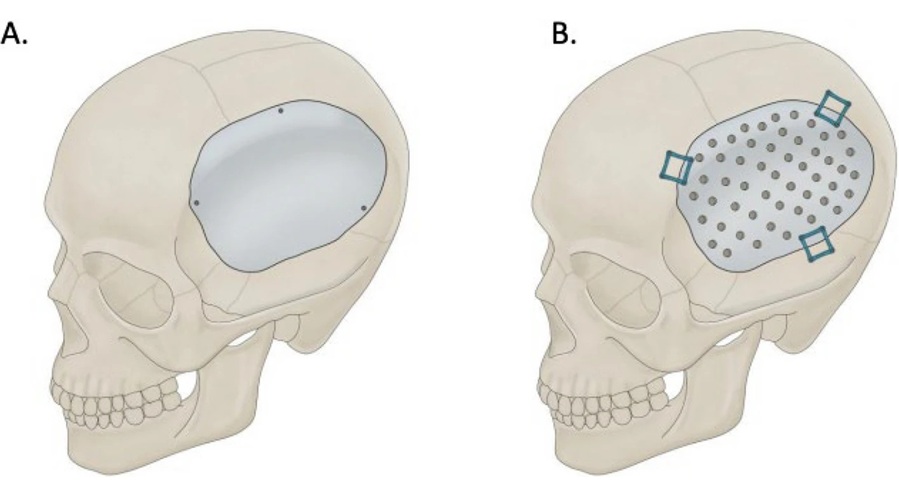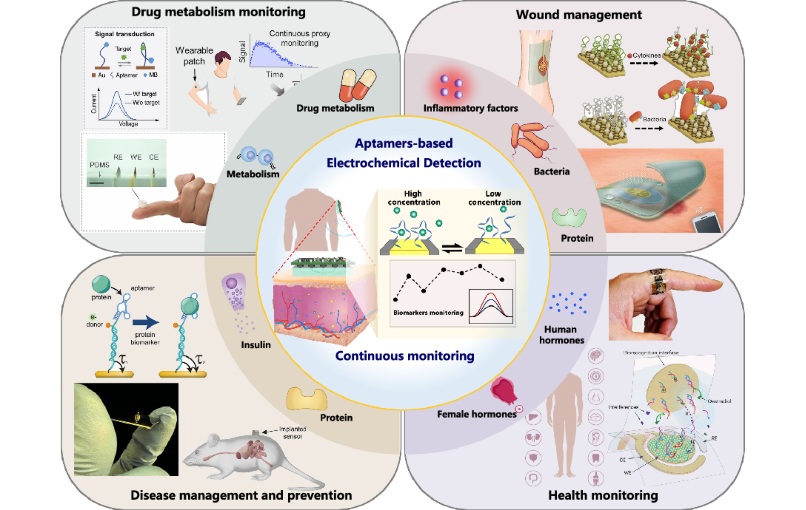CT Scanner Receives Design Award
|
By HospiMedica staff writers Posted on 08 Jan 2003 |
A small spiral computed tomography (CT) system has received the 2002 Design Award of the Federal Republic of Germany, for its successful synthesis of design and function. The award is made every two years by the German Design Council on behalf of the Ministry for Economics and Technology.
The award winner, called Somatom Smile, is designed to meet the needs of private radiology practices and small clinics in countries such as China, the nations of Southeast Asia, and Brazil. The system combines modern CT technology with patient and user-friendly operation. An interactive user-training program on CD ROM is supplied with the system. The CD uses the language of the respective country (Chinese, Portuguese, Spanish, English) to clearly describe all functions.
The system's maintenance program is based on an easy self-service system. In the event of technical problems, the system uses an intelligent self-test to identify and specify defective parts. The color and number code of the module as well as additional ordering information are shown on the screen so the user can order the replacement module directly from the manufacturer. The CD also illustrates how to replace components when they arrive.
The system was developed as an international project and is being manufactured by Siemens Shanghai Medical Equipment (SSME) in China, part of Siemens Medical Solutions (Erlangen, Germany). Syngo, the user interface of all Siemens medical systems, helps to simplify operation of the system.
Related Links:
Siemens Medical
The award winner, called Somatom Smile, is designed to meet the needs of private radiology practices and small clinics in countries such as China, the nations of Southeast Asia, and Brazil. The system combines modern CT technology with patient and user-friendly operation. An interactive user-training program on CD ROM is supplied with the system. The CD uses the language of the respective country (Chinese, Portuguese, Spanish, English) to clearly describe all functions.
The system's maintenance program is based on an easy self-service system. In the event of technical problems, the system uses an intelligent self-test to identify and specify defective parts. The color and number code of the module as well as additional ordering information are shown on the screen so the user can order the replacement module directly from the manufacturer. The CD also illustrates how to replace components when they arrive.
The system was developed as an international project and is being manufactured by Siemens Shanghai Medical Equipment (SSME) in China, part of Siemens Medical Solutions (Erlangen, Germany). Syngo, the user interface of all Siemens medical systems, helps to simplify operation of the system.
Related Links:
Siemens Medical
Latest Business News
- Medtronic to Acquire Coronary Artery Medtech Company CathWorks
- Medtronic and Mindray Expand Strategic Partnership to Ambulatory Surgery Centers in the U.S.
- FDA Clearance Expands Robotic Options for Minimally Invasive Heart Surgery
- WHX in Dubai (formerly Arab Health) to debut specialised Biotech & Life Sciences Zone as sector growth accelerates globally
- WHX in Dubai (formerly Arab Health) to bring together key UAE government entities during the groundbreaking 2026 edition
- Interoperability Push Fuels Surge in Healthcare IT Market
- Philips and Masimo Partner to Advance Patient Monitoring Measurement Technologies
- B. Braun Acquires Digital Microsurgery Company True Digital Surgery
- CMEF 2025 to Promote Holistic and High-Quality Development of Medical and Health Industry
- Bayer and Broad Institute Extend Research Collaboration to Develop New Cardiovascular Therapies
- Medtronic Partners with Corsano to Expand Acute Care & Monitoring Portfolio in Europe
- Expanded Collaboration to Transform OR Technology Through AI and Automation
- Becton Dickinson to Spin Out Biosciences and Diagnostic Solutions Business
- Boston Scientific Acquires Medical Device Company SoniVie
- 2026 World Hospital Congress to be Held in Seoul
- Teleflex to Acquire BIOTRONIK’s Vascular Intervention Business
Channels
Artificial Intelligence
view channelCritical Care
view channel
Painless Microneedle Skin Patch Monitors Immune Health
Studying immune responses typically requires blood draws or skin biopsies, both of which are invasive and sometimes uncomfortable. Many critical immune cells reside in tissues such as the skin, making... Read more
Smart T-Shirt Uses AI to Enhance Detection of Heart Rhythm Disorders
Inherited heart rhythm disorders are often missed because arrhythmias may not occur during brief testing or can appear normal on routine scans, allowing risk to go undetected. As a result, delayed diagnosis... Read moreSurgical Techniques
view channel
Skull Implant Design Could Shape Surgical Outcomes
Cranioplasty is a common neurosurgical procedure performed to repair skull defects after decompressive craniectomy. In addition to restoring protection to the brain, the surgery can enhance neurological... Read more
Redesigned Surgical Laser Cuts Bone Deeper and Faster Than Before
Lasers are valued in surgery for their precision and non-contact cutting, reducing mechanical stress and minimizing microcracks. While widely used for soft tissue, their application in hard tissues such... Read more
Laser Ablation Plus Immunotherapy Improves Survival in Recurrent Glioblastoma
Recurrent high-grade astrocytoma, including glioblastoma, is difficult to treat and often returns after surgery. Patients with recurrence typically survive only four to five months, highlighting a critical... Read more
New Method Offers Less Invasive Detection of Susceptibility to Rare Anesthesia Reaction
Malignant hyperthermia (MH) is a rare, inherited reaction to general anesthetics that can be rapidly fatal without prompt recognition and treatment. Definitive preoperative testing today relies on an open... Read morePatient Care
view channel
Revolutionary Automatic IV-Line Flushing Device to Enhance Infusion Care
More than 80% of in-hospital patients receive intravenous (IV) therapy. Every dose of IV medicine delivered in a small volume (<250 mL) infusion bag should be followed by subsequent flushing to ensure... Read more
VR Training Tool Combats Contamination of Portable Medical Equipment
Healthcare-associated infections (HAIs) impact one in every 31 patients, cause nearly 100,000 deaths each year, and cost USD 28.4 billion in direct medical expenses. Notably, up to 75% of these infections... Read more
Portable Biosensor Platform to Reduce Hospital-Acquired Infections
Approximately 4 million patients in the European Union acquire healthcare-associated infections (HAIs) or nosocomial infections each year, with around 37,000 deaths directly resulting from these infections,... Read moreFirst-Of-Its-Kind Portable Germicidal Light Technology Disinfects High-Touch Clinical Surfaces in Seconds
Reducing healthcare-acquired infections (HAIs) remains a pressing issue within global healthcare systems. In the United States alone, 1.7 million patients contract HAIs annually, leading to approximately... Read moreHealth IT
view channel
EMR-Based Tool Predicts Graft Failure After Kidney Transplant
Kidney transplantation offers patients with end-stage kidney disease longer survival and better quality of life than dialysis, yet graft failure remains a major challenge. Although a successful transplant... Read more
















